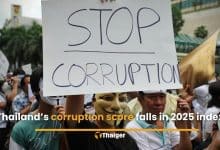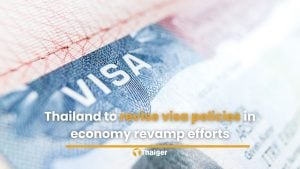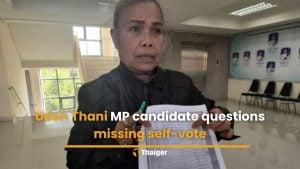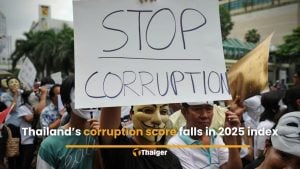Thailand champions game-changing tax scheme for low earners
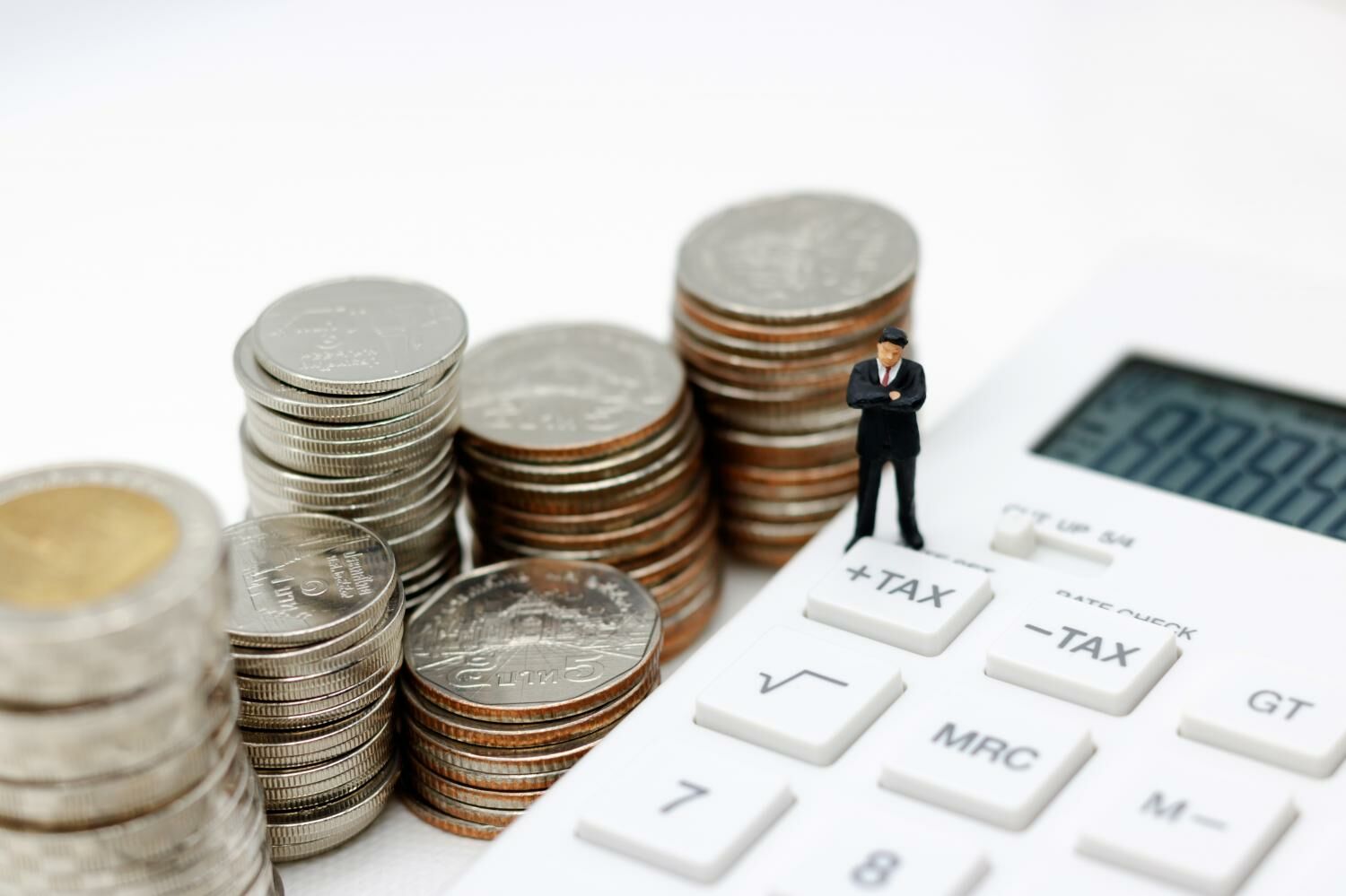
Finance Permanent Secretary Lavaron Sangsnit has thrown his weight behind the daring negative income tax (NIT) scheme, championing welfare payments for workers when their income dips below a certain threshold. Dubbed “workfare,” this initiative is geared to incentivise employment while offering crucial financial support.
Lavaron made his case clear: the NIT system encourages people to stay employed by guaranteeing state welfare payments if their income falls short. For those earning below the set minimum, the government will step in to top up their wages, ensuring they meet the threshold.
For the unemployed, the state might dish out some assistance, though it won’t be as generous as the support given to those in work, Lavaron stated.
“The NIT concept is not welfare but workfare, meaning you have to work to receive higher benefits from the government.”
Lavaron believes that implementing the NIT scheme could reduce state welfare expenses and eliminate redundancies in the current welfare system, which includes around 20 programmes such as the state welfare card, costing up to 50 billion baht annually.
To qualify for workfare, individuals would need to submit their annual personal income tax forms to the Revenue Department to verify their income eligibility.
When a recipient’s income increases, the state would provide additional support, a stage referred to as “phase in.”
Once an individual’s income meets a certain level, the state’s support rate becomes constant. If the income surpasses the minimum threshold, the government ceases its support.
This NIT concept was initially proposed by the Fiscal Policy Office a decade ago.
Unlike traditional welfare, where individuals may receive state benefits without working, NIT requires participants to be part of the tax system and actively employed.
Lavaron noted that government expenditure on items challenging to reduce has been steadily increasing. In fiscal 2023, expenditures considered “hard to reduce” totalled 2.13 trillion baht, accounting for 67.2% of the government’s budget, up from 65.8% in fiscal 2022. This increase is attributed to spending on debt repayment, commitments, and rising welfare costs for public personnel and elderly citizens.
The proportion of spending on salaries, contributions, and compensation for public personnel decreased slightly from 26.2% of the budget in fiscal 2022 to 25.7% in 2023.
Latest Thailand News
Follow The Thaiger on Google News:
